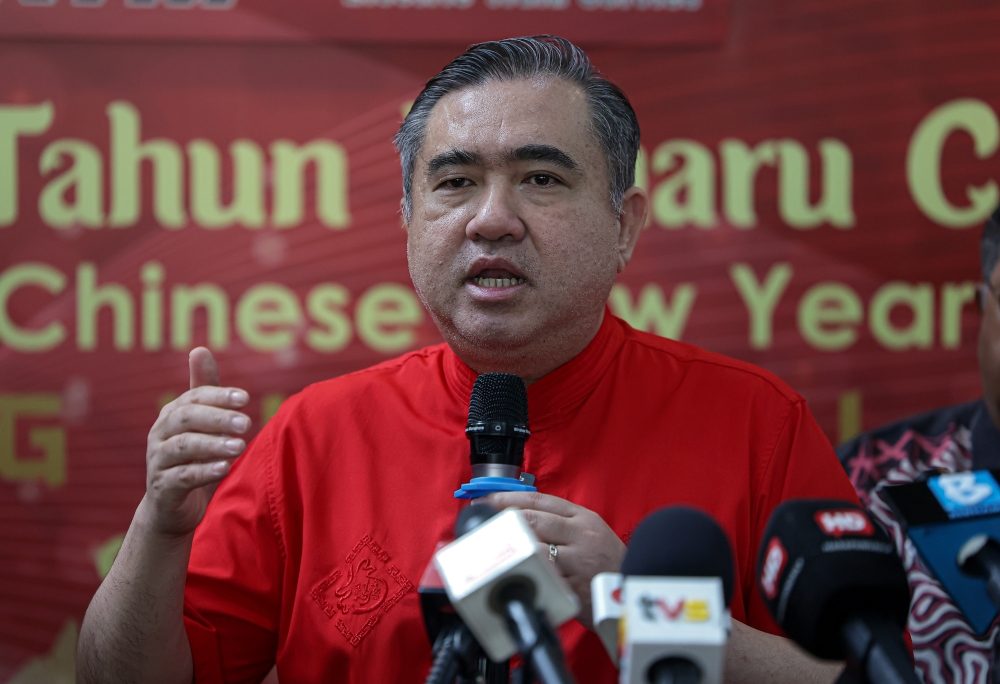KUALA LUMPUR, Nov 25 — The Federal Constitution protects the right of Malaysians to be an atheist and to promote atheism, lawyers have said.
Civil rights lawyer Syahredzan Johan said being an atheist is protected under the Federal Constitution, also noting that there are no constitutional provisions specifically prohibiting the spreading of atheism.
“The Federal Constitution guarantees freedom of religion under Article 11, and this includes the freedom not to believe. The statement by the Deputy Minister is completely wrong.
“The Federal Constitution also guarantees the right to life and personal liberty under Article 5. This would include the right not to believe in a religion,” he told Malay Mail Online when contacted.
Syahredzan said it is unlawful and unconstitutional for the government to act against atheists as it will violate their constitutional rights.
“Also, the Deputy Minister should be careful as he is overstepping his jurisdictional boundaries. Islam is the purview of the States, and the Malay Rulers are the head of Islam. He is merely a Deputy Minister in the Federation, he could only comment on Islam in the Federal Territories. Even in the FT, there is no specific Shariah legislation that make it an offence to propagate atheism,” he said.
Syahredzan and two other lawyers were commenting on the Thursday remarks by deputy minister Datuk Asyraf Wajdi Dusuki, who had claimed that atheism was unconstitutional as freedom of religion allegedly does not include freedom from religion.
Civil rights lawyer Andrew Khoo said the Federal Constitution’s Article 3 — which states that Islam is the religion of the federation and guarantees that other religions may be practised in peace and harmony — “does not mandate everyone to have a religion”.
“Freedom of religion does not mean it is compulsory for everyone to have one. The Deputy Minister is incorrect; freedom of religion does mean freedom from religion.
“Secondly, the Deputy Minister had again wrongly equated atheism with no religion. Atheism does not mean no religion. It means not believing in a deity, a theos or God. Buddhism in its strictest sense does not involve a belief in a god. To say that atheism is unconstitutional is also wrong,” the co-chair of the Bar Council’s Human Rights committee told Malay Mail Online.
“We are not forced to have a religion. There are people in the country who do not have any religion. They are not breaking laws or violating the Constitution,” he said.
“And Rukun Negara is not part of the Constitution, so ‘belief in God’ in Rukun Negara is not a binding precept on Malaysians, because Rukun Negara is not part of the Constitution; it was a political philosophy that was introduced in 1971 after the May 13 riots,” he said.
As for the promotion of atheism, Khoo said it is not unconstitutional as it is part of freedom of expression, which is under the Federal Constitution’s Article 10(1)(a).
“You have a view. You are entitled to express that view. Of course what government will say ‘Yes, but freedom of expression is subject to public order and morality’. But the question of whether atheism is moral or immoral is not something that the law should decide,” he said.
When it comes to disagreement with atheism, it is not a question of public morality, but it would be about individual morality or individual views on what is right or wrong, he said.
“If you think atheism is wrong then that is your view, but you can’t say the law must operate to stop people from talking about atheism,” he said.
Freedom of expression should not be curtailed through the use of the public order exception, just because of those who claim to have their feelings hurt and threaten to go on riot if the authorities do not stop the promotion of atheism, he said.
“Your response should not be of violence and threat to public order. If that’s the case, the police should take action against you, not the person who uttered it,” he said, referring to those who want to stop others from talking about atheism.
Article 10(2)(a) allows Parliament to make laws that impose restrictions on freedom of expression that it considers necessary for public order and morality, among other things.
Bar Council constitutional law committee co-deputy chair Surendra Ananth said that atheism is protected by Article 11 which guarantees religious freedom, also arguing that the deputy minister had interpreted “religion” in a narrow manner instead of including atheism as a religion and was “effectively forcing citizens to believe in a god”.
“Religion cannot be read in a manner to refer only to belief in a supernatural being(s). This would mean that Buddhism would not be a religion. Religion, logically, must be defined broadly to to include both theistic and atheistic beliefs.
“Religion is purely a matter for the individual to decide and profess, whatever that belief may be. The right to profess is absolute. If I want to believe in Jediism (belief in the Force) as my religion, that is my business,” he said, referring to the belief system inspired by Star Wars.
Surendra said the government can only, under Article 11(5), restrict the practice of a religion if it is contrary to public order, public health and morality, but added that he did not see how being an atheist would do so.
“Of course they cannot propagate atheism to Muslims as that is restricted under Article 11(4),” he said.
Surendra said atheism is also protected by Article 10(1)(a)’s right to freedom of expression, noting: “The Federal Court has recognised that it includes the right to privacy. Every citizen has the right to live his/her life according to his/her own belief.”
Even if atheism is not considered to be a religion, it would still be protected by Article 11, Surendra said.
He referred to the July 1993 adoption at the United Nations Human Rights Committee of the comment that Article 18 of the Universal Declaration of Human Rights and the International Covenant on Civil and Political Rights — which covers the right to “freedom of thought, conscience and religion” —“protects theistic, non-theistic and atheistic beliefs, as well as the right not to profess any religion or belief.”


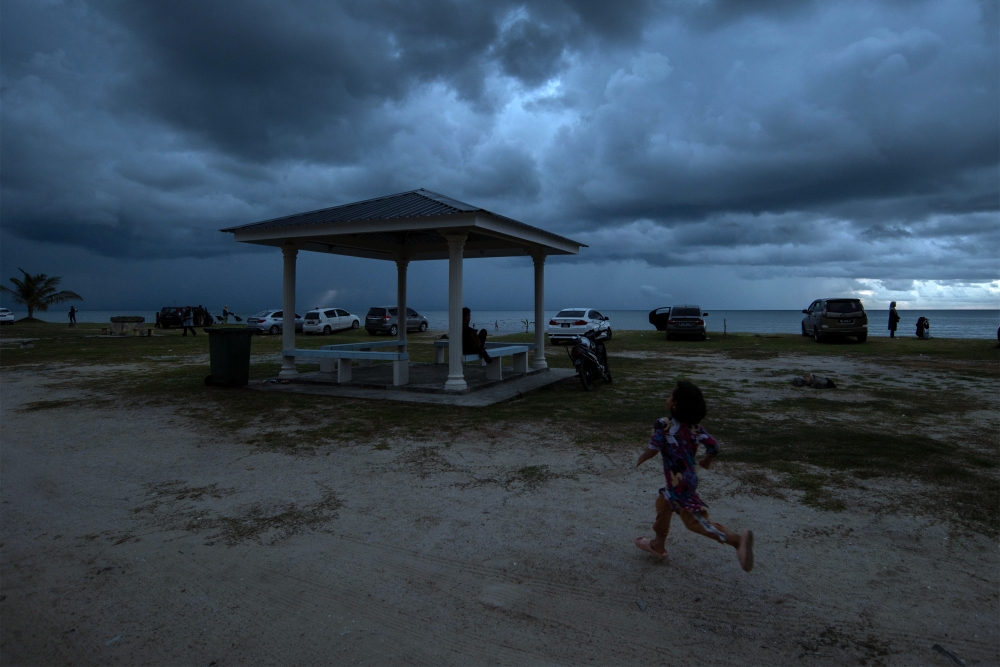


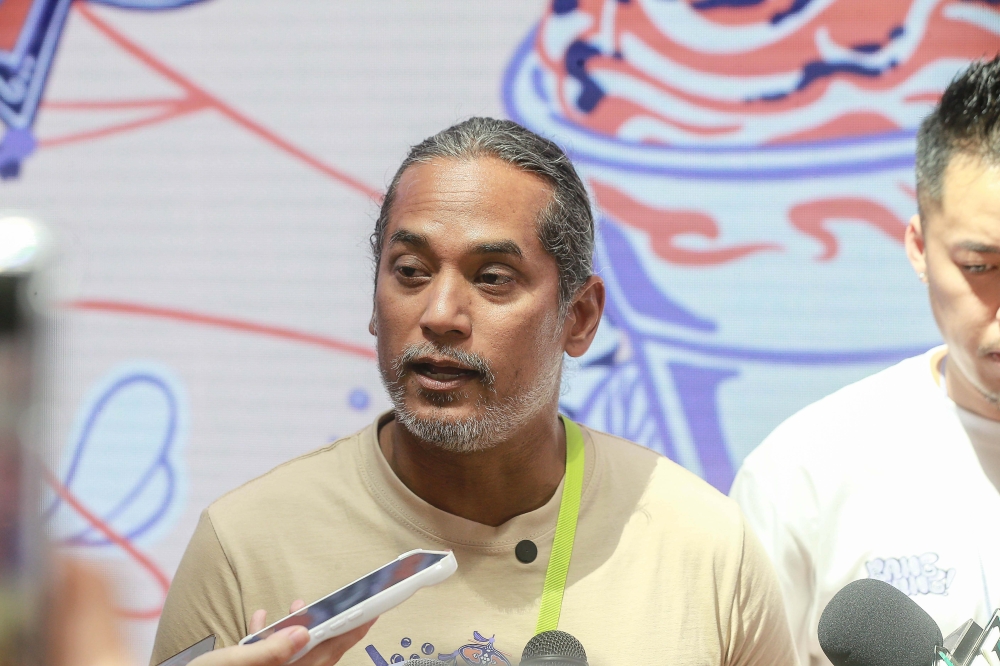

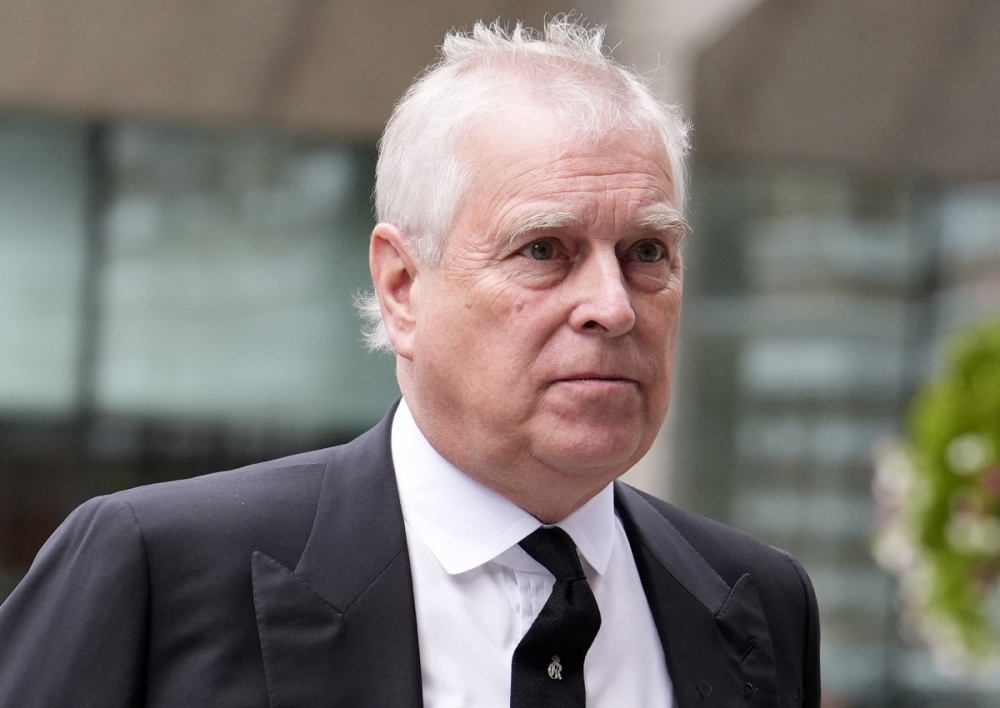
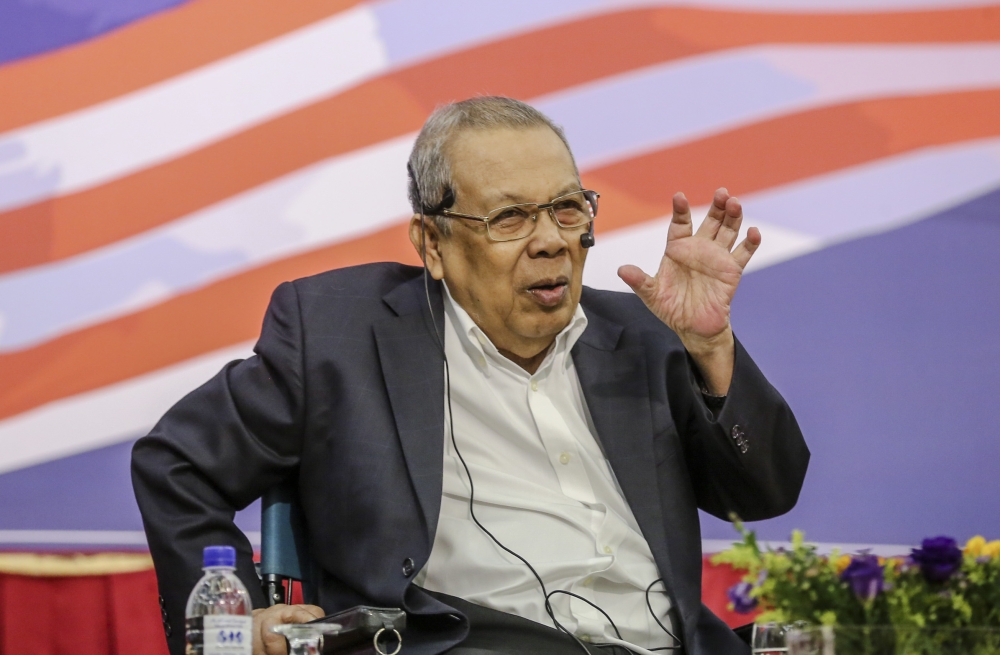



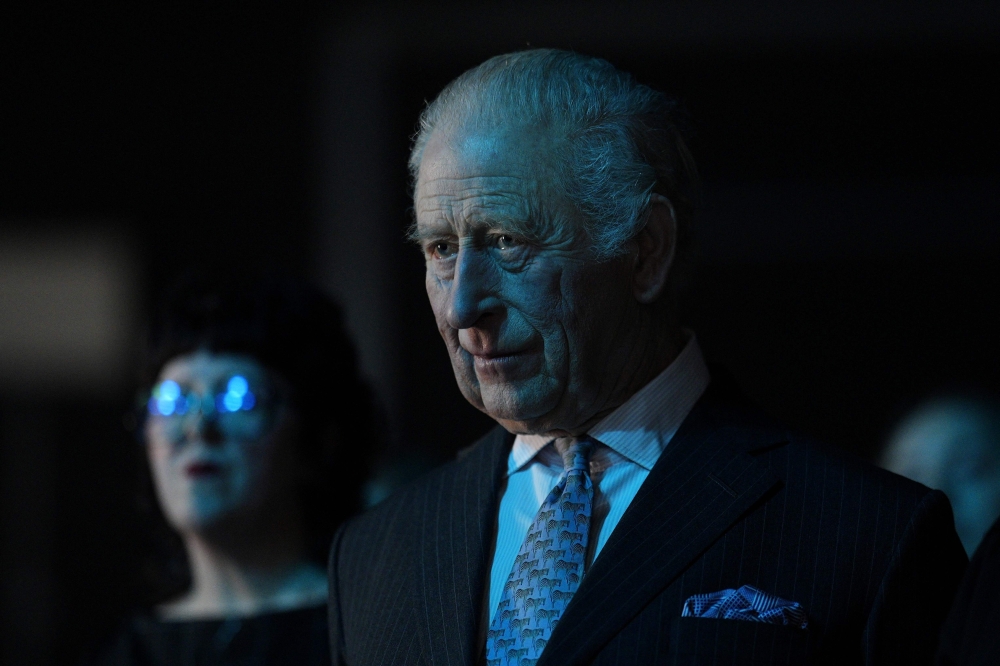

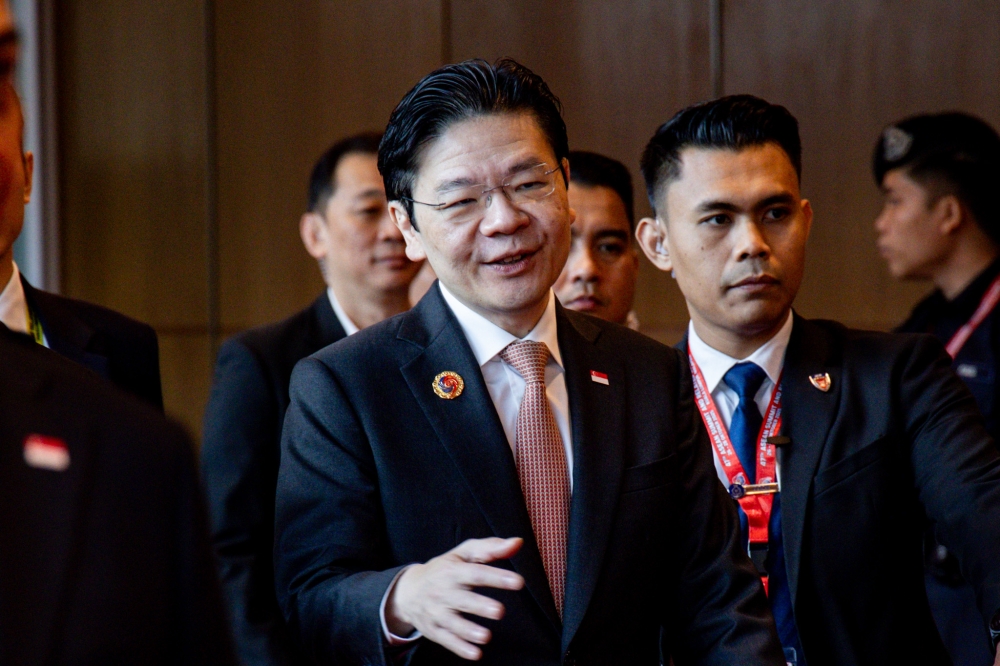
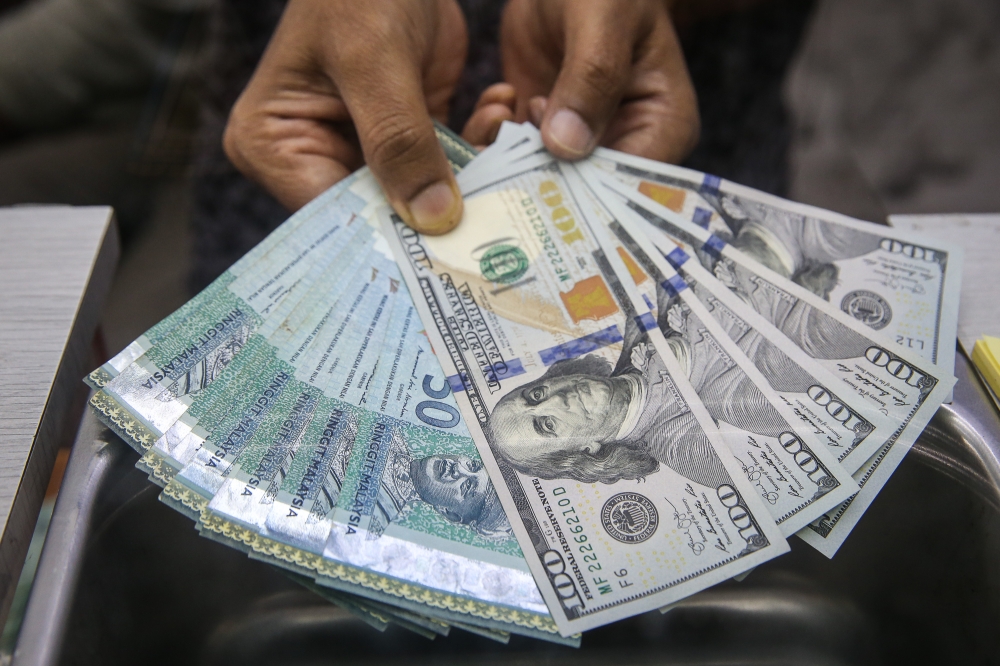
.jpg)
